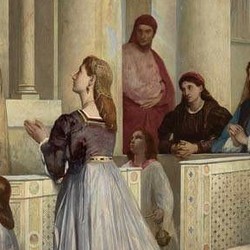
Tre sonetti di Petrarca by Franz Liszt were published in 1846, first the solo piano version and a few months later, the songs, which are believed to be composed first. Liszt might have composed them a few years before, during his relationship with Countess Marie d'Agoult, the kind of stories that used to be a scandal at the time. In 1835, the countess, thirty-two years old, married and with two children, left her husband for the pianist, eight years younger than her. They left Paris and, between 1835 and 1839, they lived in Switzerland and Italy, where their three children were born; Liszt spent the following five years [...]
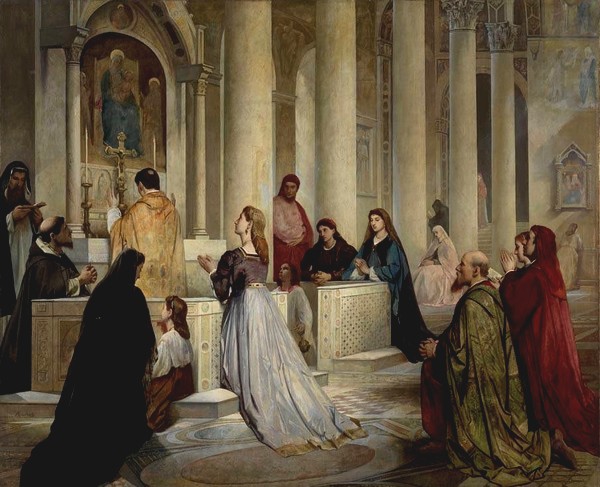
Tre sonetti di Petrarca by Franz Liszt were published in 1846, first the solo piano version and a few months later, the songs, which are believed to be composed first. Liszt might have composed them a few years before, during his relationship with Countess Marie d'Agoult, the kind of stories that used to be a scandal at the time. In 1835, the countess, thirty-two years old, married and with two children, left her husband for the pianist, eight years younger than her. They left Paris and, between 1835 and 1839, they lived in Switzerland and Italy, where their three children were born; Liszt spent the following five years on tour throughout Europe and apparently, when the Sonnets were published, his relationship with Marie was over. Nevertheless, it's known that during their time together they used to read Dante and Petrarca and, whether true or not, we tend to think that Liszt turned Petrarch’s words for Laura, into songs for Marie.
These three songs are exuberant, passionate, brilliant, romantic from a time when Romanticism was revolutionary. Liszt wrote them for a tenore di grazia (the tenor that would sing Rossini or Bellini), with many high notes and even higher notes as alternative (marked as "ossia" in the partitures); Not many tenori di grazia recorded the Sonetti and in truth, they aren't my cup of tea so I neglected those recordings; instead, we heard the first song, Pace non trobo (Sonnet No. 104), sung by Luciano Pavarotti, and the second one, Benedetto sia'l giorno (Sonnet No. 47) by Jonas Kaufmann. Now, we could listen to the third one, I' vidi in terra angelici costumi (Sonnet No. 123) with another tenor or a baritone (who also sing them usually) and the cycle would be completed, but its story wouldn't.
In 1883, when he was seventy-two, Liszt published a second version of Tre sonetti di Petrarca. During 1860s, he lived in a Franciscan monastery in Rome, where he got his minor orders; His son's death at age twenty and that of his eldest daughter's at twenty-seven had urged him to retire from the world. During 1870s, he went to work, mostly as a teacher, until he fell down some stairs in 1881; he never completely recovered. The works from his last years are very different from those composed forty years before, more introspective and austere, and this change is also reflected in the three sonnets, which he reviewed because he thought it was an old man's duty to correct his early years work in order to improve it.
In the first version, the three songs share the tonality; In the second one, Liszt differentiates their character by giving a different tonality to each one and, besides, he swaps the order of the first two. The vocal line is simplified; the impetuous high notes and the even more impetuous high notes at the ossia disappear because now, the songs are written for baritone. This change in tessitura also affects the piano, which loses brightness; It also loses some (many, in fact) notes and the preludes, interludes and postludes are shorter. If you are thinking that Liszt was wrong about changes, listen to a sample; once you are done, if you still think that the songs didn't need any change, I want you to know that you're not alone.
Lately, I’ve been listening to those two versions more times than it would be reasonable and, still, I can't choose one over the other; the first version is irresistible in its opulence, but the second one conveys an also irresistible tenderness and intimacy. I' vidi in terra angelici costumi is a wonderful song, no matter which score we take, but since we have already heard two songs from the first version, let's listen to its second one in a wonderful performance, too, by Christoph Pohl and Tobias Krampen. Our version is much slower, molto lento e placido instead of the previous andante; there are some apassionato indications of expression, but dolcissimo is more usual. And the most surprising thing of all: while at his mid-twenties, Liszt suffered from horror vacui, during his seventies, he allowed himself to leave his singer alone during the first two verses of the second tercet.
So, I did it! Finally, a cycle started and finished! I should mark the date on my calendar because it's the first complete cycle in seven years. For catalogue lovers, Tre sonetti di Petrarca appears in the list with its generic catalogue number, S. 260, and each song with its specific version: S. 260a for the first one and S. 260b for the second one. And now that I explained that these three songs are three but, in fact, they are six, we have an excellent reason to listen to the three missing songs someday.
I' vidi in terra angelici costumi,
E celesti bellezze al mondo sole;
Tal che di rimembrar mi giova, e dole:
Che quant'io miro, par sogni, ombre, e fumi.
E vidi lagrimar que' duo bei lumi,
Ch'han fatto mille volte invidia al sole;
Ed udì' sospirando dir parole
Che farian gir i monti, e stare i fiumi.
Amor! senno! valor, pietate, e doglia
Facean piangendo un più dolce concento
D'ogni altro, che nel mondo udir si soglia.
Ed era 'l cielo all'armonia s'intento
Che non si vedea in ramo mover foglia.
Tanta dolcezza avea pien l'aer e 'l vento.


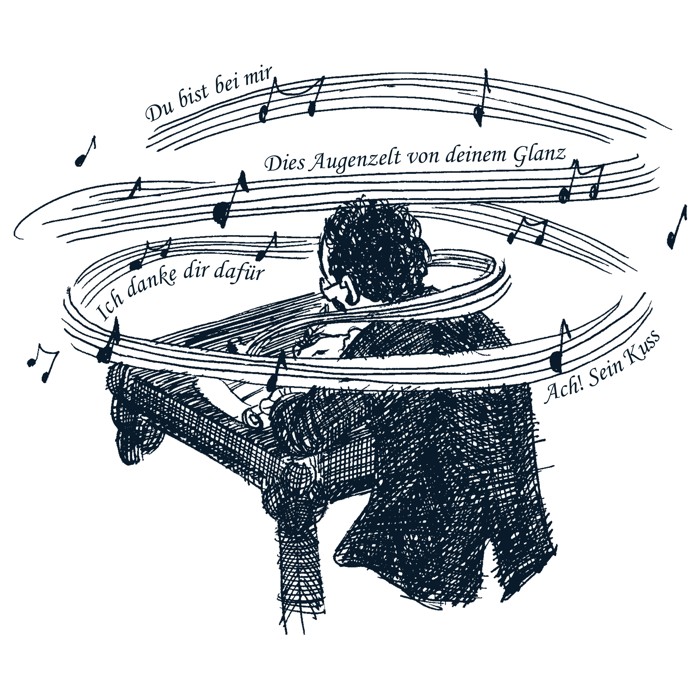





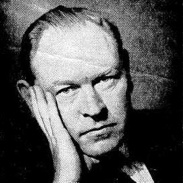

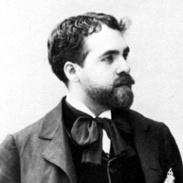








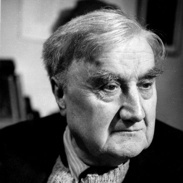








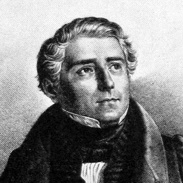




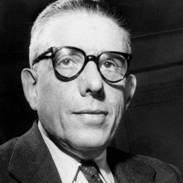
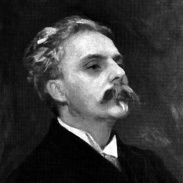


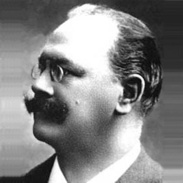

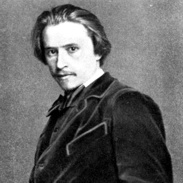


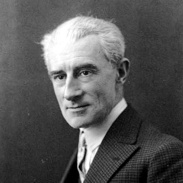

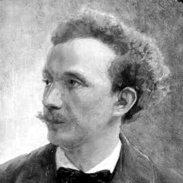
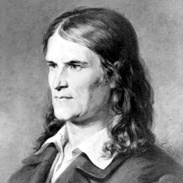


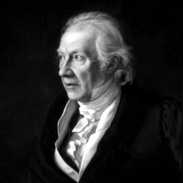






Comments powered by CComment